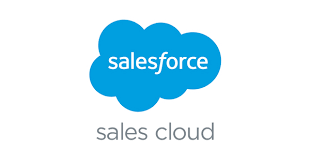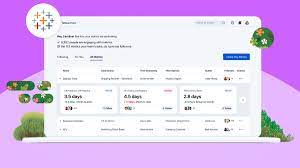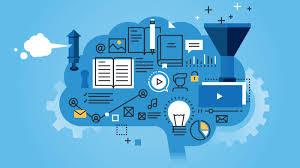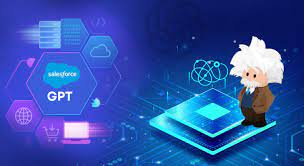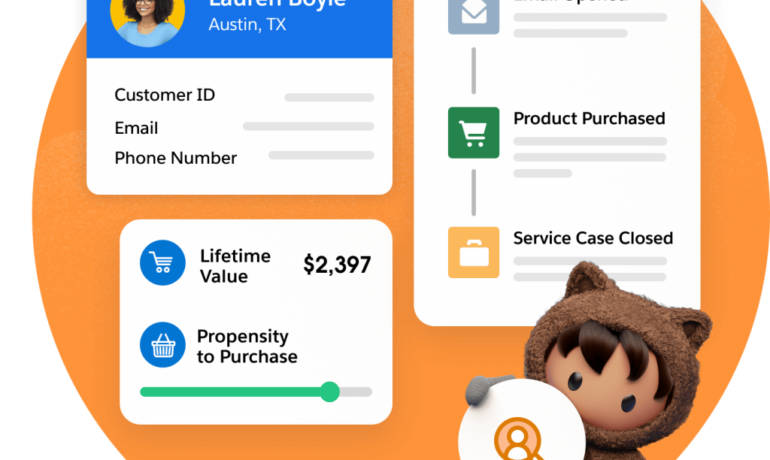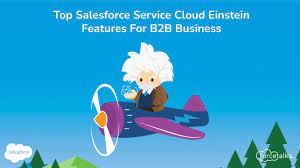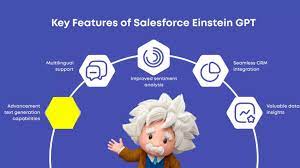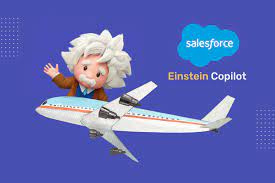Introducing Salesforce Sales Cloud Unlimited
You might have caught wind of the latest addition to the Sales Cloud family – the “Unlimited” edition. In this exploration, we’ll delve into the core functionalities of Sales Cloud Unlimited, a robust offering designed to elevate day-to-day sales tasks within the Salesforce environment and boost overall productivity. Sales Cloud Unlimited is all about aiding your sales team with selling digitally across all channels. Sales Cloud Unlimited, also known as UE, stands as the ultimate solution for a comprehensive seller experience in Salesforce. Tailored for organizations of all sizes seeking an end-to-end solution, this edition is presented as a unified offering that benefits both Salesforce Admins and users. It encompasses a range of options to enhance and optimize the user experience, incorporating built-in AI capabilities across all business processes. While the Unlimited edition has been available for some time, the newly introduced Unlimited+ edition bundles additional products such as Sales Planning, Revenue Intelligence, and Slack, expanding the range of offerings. Sales Cloud Unlimited primarily focuses on enhancing the in-CRM seller experience, while Unlimited+ takes a step further by diversifying the included products. Sales Cloud Unlimited’s key objective is to support sales teams in conducting digital transactions across all channels, while empowering sales managers with efficient coaching capabilities. The platform offers a dream scenario for seamless collaboration, presenting an all-encompassing solution. The key features of Sales Cloud Unlimited fall into four main categories: Notable features within Sales Cloud Unlimited include Einstein GPT for Sales, Data Cloud, Pipeline Inspection, Einstein Conversation Insights, Einstein Relationship Insights, and Sales Engagement. These features aim to provide advanced AI capabilities, unify data sources, enhance deal analysis, automate conversation insights, streamline relationship research, and optimize sales team engagement. With salesforce unlimited edition, the businesses can build unlimited custom apps and tabs to tailor Salesforce as per their convenience and business requirements. Salesforce Unlimited edition, with its comprehensive features, presents new levels of platform flexibility to manage and share information on demand. Salesforce admins and users can explore functionalities like Einstein GPT for Sales, which leverages generative AI for email generation and call summaries. The Data Cloud unifies disparate data sources, and Pipeline Inspection offers a unified view of deals with granular filtering and insights. Einstein Conversation Insights automatically transcribes and highlights key parts of customer calls, while Einstein Relationship Insights streamlines information gathering about accounts and key players. Sales Engagement, including High Velocity Sales, ensures timely interactions with customers through tailored conversation journeys, syncing with major email providers. The Buyer Assistant, powered by Einstein, transforms website onboarding experiences, allowing control and customization of lead creation, routing, and conversation management. Sales Cloud Unlimited is a comprehensive and valuable investment, providing rapid returns in user satisfaction, efficiency, and leveraging the Salesforce platform for diverse business processes. Salesforce Admins benefit from understanding the bundled products, as Sales Cloud Unlimited addresses common business challenges with out-of-the-box solutions. What are the limits of Salesforce Unlimited Edition? At the same time, an org can’t have more than 3,000 custom objects, regardless of the source or namespace of those objects. For example, in Unlimited Edition: 2,000 custom objects created, 1,000 custom objects installed by packages. Soft-deleted custom objects and their data count against your limits. According to the Sales Cloud pricing page, Unlimited+ is currently the most expensive of the available editions. Like1 Related Posts 50 Advantages of Salesforce Sales Cloud According to the Salesforce 2017 State of Service report, 85% of executives with service oversight identify customer service as a Read more Salesforce Artificial Intelligence Is artificial intelligence integrated into Salesforce? Salesforce Einstein stands as an intelligent layer embedded within the Lightning Platform, bringing robust Read more CRM Cloud Salesforce What is a CRM Cloud Salesforce? Salesforce Service Cloud is a customer relationship management (CRM) platform for Salesforce clients to Read more Salesforce’s Quest for AI for the Masses The software engine, Optimus Prime (not to be confused with the Autobot leader), originated in a basement beneath a West Read more


